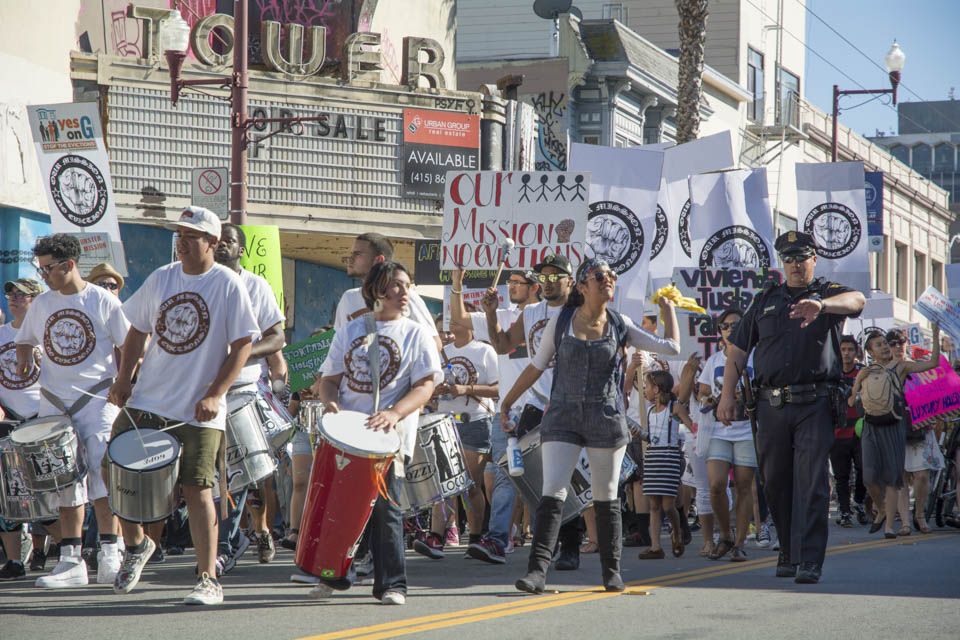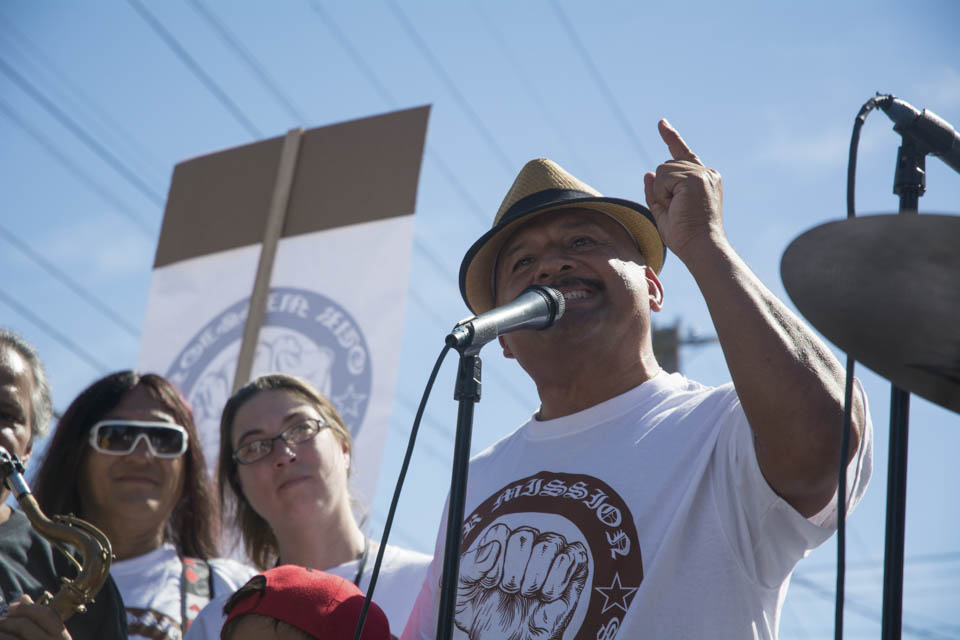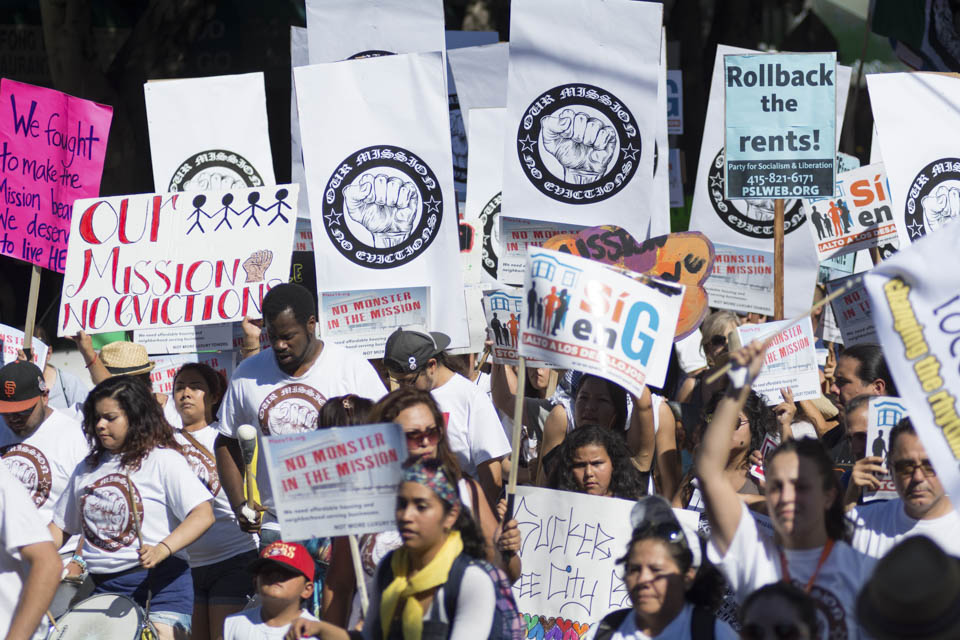Proposed special tax targets land speculators


By Calindra Revier
The Guardsman
As San Francisco approaches next week’s midterm elections, real estate is the hot topic.
On Nov. 4, voters will be asked to vote on Proposition G, which would levy a higher tax on speculators looking to buy and sell real estate in San Francisco within five years.
Prop. G would essentially apply a 24 percent speculation tax on multi-unit property bought and re-sold within a year of purchase.
Steven Knight, campaign finance reform program manager at California League of Conservation Voters, explained that the 24 percent tax rate only applies if sold within the first year of purchase after which the rate goes down steadily until five years when it disappears entirely.
Knight emphasized the tax does not apply to single-family homes, or any home occupied by owners that also includes in-laws.
“The controllers office who does analysis says that Prop. G is likely to affect 20 people a year,” he said. “This is not a piece of legislation that is designed to affect people who own houses in San Francisco. It’s written in a way that it’s almost impossible for that to happen.”
The confusion behind who is affected, remains the pivotal issue around Prop. G and wether San Francisco voters should endorse the legislation.
“The basic idea is that if you live in your home, including an in-law, you are exempt from paying the tax,” Quintin Mecke, campaign manager at Yes on Proposition G, said. “We can’t ban speculation, but we can tax it.”
Mecke explains that the opposing campaign strategy is to scare and confuse people.
“It’s a fear campaign,” he said.
Prop. G is endorsed by Sen. Mark Leno, Assemblymember Tom Ammiano, Supervisor David Chiu, Chairman for the California Democratic Party John Burton, Supervisor Eric Mar, Supervisor John Avalos, Supervisor David Campos and Supervisor Jane Kim, as well as the San Francisco Examiner.
San Francisco residents have been dealing with a systematic attack on the housing market over the last five years, which has taken almost 1,700 units away from renters since 2009 and Prop. G is an attempt to slow the process of flipping real estate.
Yes on Prop. G is up against outside campaign donations against Prop. G.
“A realty company from Chicago paid $1 million to the anti-Prop. G campaign. Simply because they feel that it will hurt their bottom line if it goes through,” Knight said. “Currently there are six companies that are responsible for most of the Ellis Act evictions.”
Knight explained if there are only a few sellers controlling the market, mainly real estate corporations, it upsets the natural balance of supply and demand.
“I think its criminal that long term, working class people are being turned out and given how crazy the housing market is, its almost impossible for them to find replacement housing.
If this goes uncontrolled, this kind of turning over, we are very much changing the character of the city that I as a native, born and raised in San Francisco, object to,” City College counselor and student Jim Wong said.
“Everybody agrees with the heading,” Josephine Zhao said, a leader of a group called the Small Property Owners of San Francisco. “In Prop. G the content does not meet the header. It’s too broad.”
She worries that single-family homes, held by family members, will be taxed. In addition, she believes that this will also affect in-laws.
Opposing the legislation are Supervisors Mark Farrell, Katy Tang and Scott Wiener, as well as the San Francisco Chronicle.
“It’s crazy to tax anything at a rate of 24 percent, much less a home which is the most expensive purchase people will make in their lifetime,” said Jay Cheng, the spokesperson for the San Francisco Association of Realtors, who fully endorse the No on Prop. G campaign. “If something happens to you in five years, can you afford to pay that level of tax?”
Cheng believes Prop. G will hurt renters via taxes being passed down, which he sees as an inevitability.
“For us the message is clear, you can’t put a tax on housing and expect housing to not get more expensive as a result.” said “That tax will have to be passed onto you.”
Knight believes if people take a good look at the legislation, they won’t be able to accept this scare tactic. He says the real estate developers and housing speculators want to push on people about this legislation.
“The thing that I would like people to know about Prop. G is that it’s important that people view all of the negative campaigning that they are seeing about it from a skeptical light,” Knight said.

evictions. (Photo by NIko Plagakis)

Comments are closed.